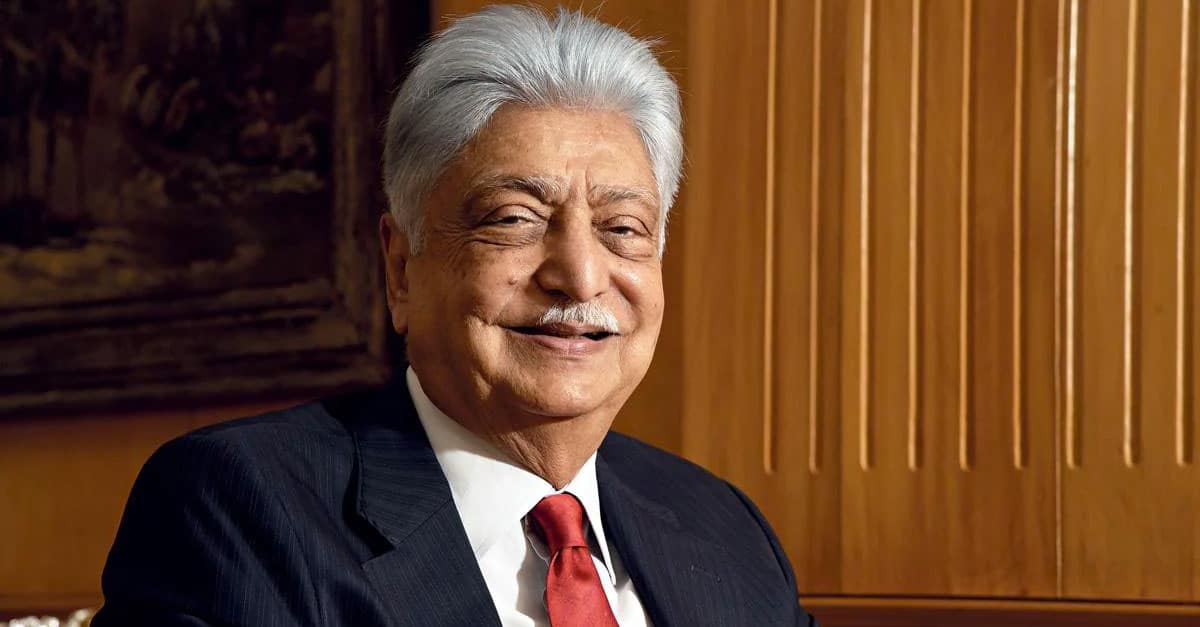“No other country in Asia—apart from China—can match India’s growth potential in the wealth management space,” asserts Umang Papneja, India CEO of Julius Baer, the Swiss private bank. Advocates of India as a hub for managing the assets of wealthy clients are relatively new to the scene, but they are getting louder.
Still, many international players have moved out of the Indian wealth market over the past couple of decades. These departures include those of Morgan Stanley, Royal Bank of Scotland (RBS), HSBC, UBS, and BNP Paribas. Their reasons for exiting India’s wealth market range from a change in global strategy to onerous local regulations that limit growth. But times are changing.
New-Age Entrepreneurs Join the Ultra-Wealthy Ranks
According to experts, India is the leading investment destination of this decade and beyond. In 2022, the country overtook the UK to claim its place as the world’s fifth-largest economy. The International Monetary Fund (IMF) predicts it will become the world’s third-largest economy within four years, overtaking Japan and Germany in the process. More wealth is a natural by-product of this growth. HSBC Global Research estimates that the number of Indian high net worth individuals (HNWIs) with investable assets of more than US $1 million will surpass the 10-million mark by 2035.
India’s wealthiest segment, according to Fortune India research, has traditionally comprised a handful of industrialist families such as the Tatas and Birlas. But in recent years, it has seen the entrance of new-age entrepreneurs along with showbiz, media, and sports personalities. Doctors, lawyers, and even salaried professionals—especially those who may have received stock options—are also represented. We cannot forget the booming IT sector or India’s vibrant start-up ecosystem: the new-age entrepreneurs have made their fortunes by building a variety of successful tech-enabled businesses.
Elevate Your Wealth Game: Empowering UHNWIs for Simplified Asset Management. Altoo Platform Preview
Growing Financialisation of Wealth
In India there are over 100 unicorn companies valued at more than US $1 billion. Even so, families behind long-established businesses still dominate the top of the wealth pyramid in the country. “Traditional businesses are usually closely held, with ownership remaining within the family. The market value of new-age firms may be higher, but their ownership is usually spread across founders, employees, and investors,” explains Yatin Shah, co-founder of 360 ONE, one of the country’s largest wealth management companies, to the Financial Times.
Although total portfolio values may still be low compared to other developing markets, India’s wealth is increasingly financialised and attractive to banks and wealth firms. Traditionally, most Indians have preferred to invest in real estate and gold, but money is now flowing into different financial assets, from mutual and portfolio management service (PMS) funds to alternative investment funds (AIFs). There is also a rise in passive investing. However, rich Indians are also seeking to diversify their portfolios globally. The richest Indian, Mukesh Ambani, Chairman of Reliance Industries, is reported to be opening his first family office outside the country in Singapore.
The Digital Future
Conventionally, inherited wealth and wealth management advisors were hallmarks of the Indian wealth management sector. However, modern wealth management is more broadly dispersed, fast-moving, and digital-first. Despite many doubts from fintech sceptics, a lucrative opportunity remains: the Indian wealth management market is expected to be worth US $464.5 billion by 2027.
Innovative technology can attract important new customer segments through deeper engagement as well as personalised and efficient experiences. As in many other countries, the future of wealth management in India will feature digital advisory tools, artificial intelligence, and firms going cloud-native. “From onboarding to execution to reports, one needs to provide an end-to-end digital solution. It is not only just for Millennials any more, but for all age groups that are more active on digital platforms, with COVID-19 accelerating this,” said Oisharya Das, CEO of Kotak Private Banking, to the Financial Times.













